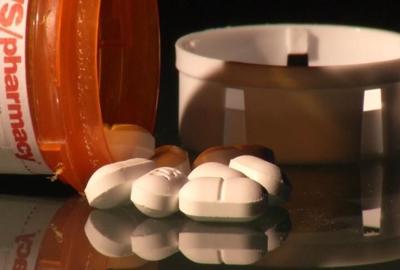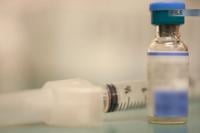HERRIN, Ill (WSIL) -- 60,000 Americans died of drug abuse last year as the U-S dealt with the COVID-19 pandemic.
According to the American Medical Association, the pandemic in the U.S. made the nation’s drug overdose epidemic worse.
As overdoses rise, pharmacists are taking steps to help stop addictions before they can start.
"We now are better educated. We as a profession know the risks of these opioids and we try to have those conversations with patients that are starting out on new therapies, so they are also aware," said pharmacist Ben Calcaterra.
Despite new education and policies, opioid overdoses and abuses are increasing across the country.
So pharmacists are on the look out to make sure a prescription for short term pain, doesn't spiral into addiction.
"One of the big things that we're doing right now is trying to limit initial fills of opioid medications to shorter terms. The shortest duration that they need to treat whatever is going on," said Calcaterra.
Part of their job is to vet those who come in for opioids, to make sure that their prescriptions can treat the problem, while lowering addiction risk.
"Shorter therapies, rather than giving a month's worth of medicine, will help those patients not start that spiral towards addiction," said Calcaterra.
Calcaterra also said those who take opioids for the right reasons can easily become addicted.
He said the best way to prevent this, is open communication.
"One of the best ways to help curb a therapy from turning into an addiction is being very open and honest with both your perscriber and your pharmacist. Because as a patient, you need to be having those conversations with your trusted healthcare professional so that they can help you recognize when treatments start to become an addiction," said Calcaterra.
Earlier this month, 15 states including Illinois, reached an agreement with Purdue Pharma, the maker of the prescription painkiller OxyContin.
The deal would give $4.5 billion to communities affected by the opioid epidemic.














